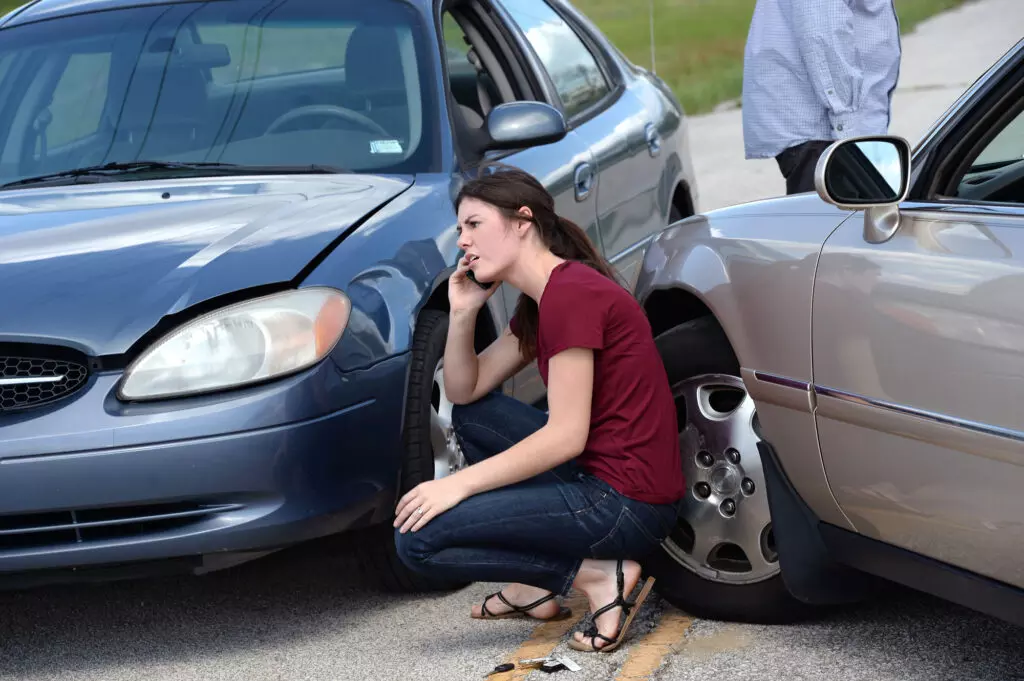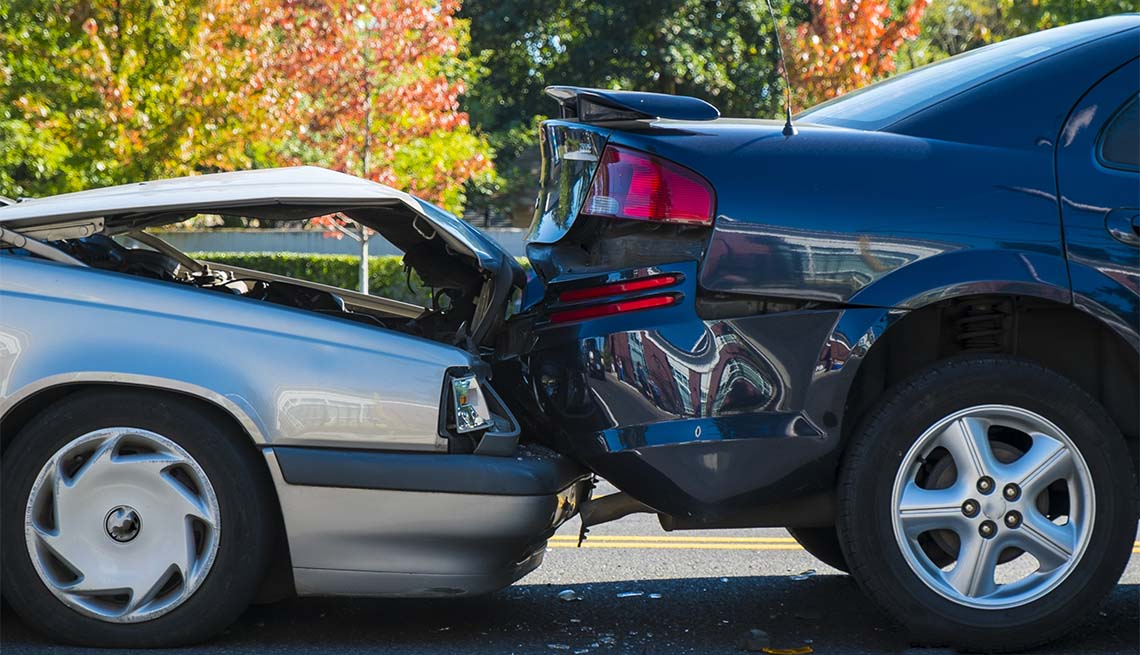So You’ve Bought Car Accident. Now What (2023)

Getting into a car accident can be a jarring experience, and it can be overwhelming to know what to do next. Whether it’s a minor fender bender or a serious collision, knowing the steps to take after an accident can make a big difference in how smoothly the aftermath goes. In this article, we’ll cover the steps you should take after a car accident to protect yourself, your vehicle, and any passengers involved.

Contents
- 1 Table of Contents
- 2 Call the Police
- 3 Check for Injuries
- 4 Move to a Safe Location
- 5 Exchange Information
- 6 Document the Scene
- 7 Notify Your Insurance Company
- 8 Get Your Vehicle Repaired
- 9 Consider Seeking Legal Representation
- 10 Dealing with Medical Bills
- 11 Dealing with Emotional Trauma
- 12 How to Prevent Future Accidents
- 13 Conclusion
- 14 FAQs
Table of Contents
- Call the Police
- Check for Injuries
- Move to a Safe Location
- Exchange Information
- Document the Scene
- Notify Your Insurance Company
- Get Your Vehicle Repaired
- Consider Seeking Legal Representation
- Dealing with Medical Bills
- Dealing with Emotional Trauma
- How to Prevent Future Accidents
- Conclusion
- FAQs
Call the Police
The first step after a car accident is to call the police. Even if the accident is minor, having an official report can help protect you in the event of any legal disputes or insurance claims. When the police arrive, provide them with any information they need, and ask for a copy of the accident report.
Read More: https://highbrowlawyer.com/car-seats-recalled-due-to-seat-anchor-issue/
Check for Injuries
Next, check for injuries. If anyone is hurt, call for medical assistance immediately. Even if you don’t see any visible injuries, it’s a good idea to get checked out by a doctor as soon as possible. Some injuries, such as whiplash, may not appear until hours or days after the accident.
Move to a Safe Location
If it’s safe to do so, move your vehicle out of traffic to a safe location. If your car is not drivable, turn on your hazard lights and set up flares or warning triangles to alert other drivers. Be sure to stay visible and out of harm’s way.
Exchange Information
Exchange contact and insurance information with the other driver involved in the accident. This includes names, addresses, phone numbers, insurance company names, and policy numbers. If there were any witnesses to the accident, get their contact information as well.
Document the Scene
Take photos of the scene of the car accident, including any damage to your vehicle and the other driver’s vehicle. Also, take pictures of any skid marks, road signs, or traffic lights that may have played a role in the accident. This documentation may be helpful when filing an insurance claim or seeking legal representation.
Notify Your Insurance Company
Call your insurance company as soon as possible to report the accident. Provide them with all the information you’ve collected, including the police report and any photos you’ve taken. Your insurance company will guide you through the process of filing a claim and getting your vehicle repaired.
Read More: https://highbrowlawyer.com/telehealth-start-up-cerebral-shares-patient/
Get Your Vehicle Repaired
Once you’ve filed your insurance claim, you’ll need to get your vehicle repaired. Your insurance company may provide you with a list of approved repair shops, or you may be able to choose your own. Make sure to get an estimate for the repairs before any work is done.
Consider Seeking Legal Representation
If you were injured in the accident or if there is a dispute over who was at fault, you may want to consider seeking legal representation. A personal injury lawyer can help you navigate the legal system and ensure that you receive the compensation you deserve.
Dealing with Medical Bills
If you were injured in the accident, you may be facing expensive medical bills. Your insurance company should cover some or all of these bills, but you may need to pay out of pocket first. Keep track of all medical expenses and be sure to submit them to your insurance company for reimbursement.
Dealing with Emotional Trauma
Being in a car accident can be a traumatic experience, and it’s important to take care of your emotional well-being as well as your physical health. If you’re feeling anxious, overwhelmed, or depressed, consider talking to a therapist or counselor. They can help you work through your feelings and develop coping strategies to manage any ongoing emotional distress.
How to Prevent Future Accidents
After a car accident, it’s natural to feel nervous about driving again. However, there are steps you can take to reduce your risk of future accidents. These include:
- Following traffic laws and driving defensively
- Avoiding distractions while driving, such as using your phone or eating
- Maintaining your vehicle and ensuring that all safety features are functioning properly
- Avoiding driving while under the influence of drugs or alcohol
By taking these steps, you can reduce your risk of future accidents and feel more confident behind the wheel.
Conclusion
Getting into a car accident can be a stressful experience, but by following the steps outlined in this article, you can protect yourself, your vehicle, and any passengers involved. Remember to stay calm, collect all necessary information, and seek medical and legal assistance as needed. By taking these steps, you can minimize the impact of the accident and move forward with confidence.
FAQs
- What should I do if the other driver doesn’t have insurance?
- If the other driver doesn’t have insurance, you may need to file a claim with your own insurance company or consider taking legal action to recover damages.
- Will my insurance rates go up if I file a claim?
- It depends on your insurance policy and the specifics of the accident. However, filing a claim may increase your rates in some cases.
- Can I still file a claim if I was partially at fault for the car accident?
- Yes, you may still be able to file a claim even if you were partially at fault for the car accident. Your insurance company will determine the degree of fault and adjust the settlement accordingly.
- What if I don’t have collision coverage on my insurance policy?
- If you don’t have collision coverage, you may need to pay for vehicle repairs out of pocket or seek legal action to recover damages.
- How long do I have to file an insurance claim after a car accident?
- The timeframe for filing an insurance claim varies depending on the specific insurance policy. Check with your insurance company for their specific guidelines.